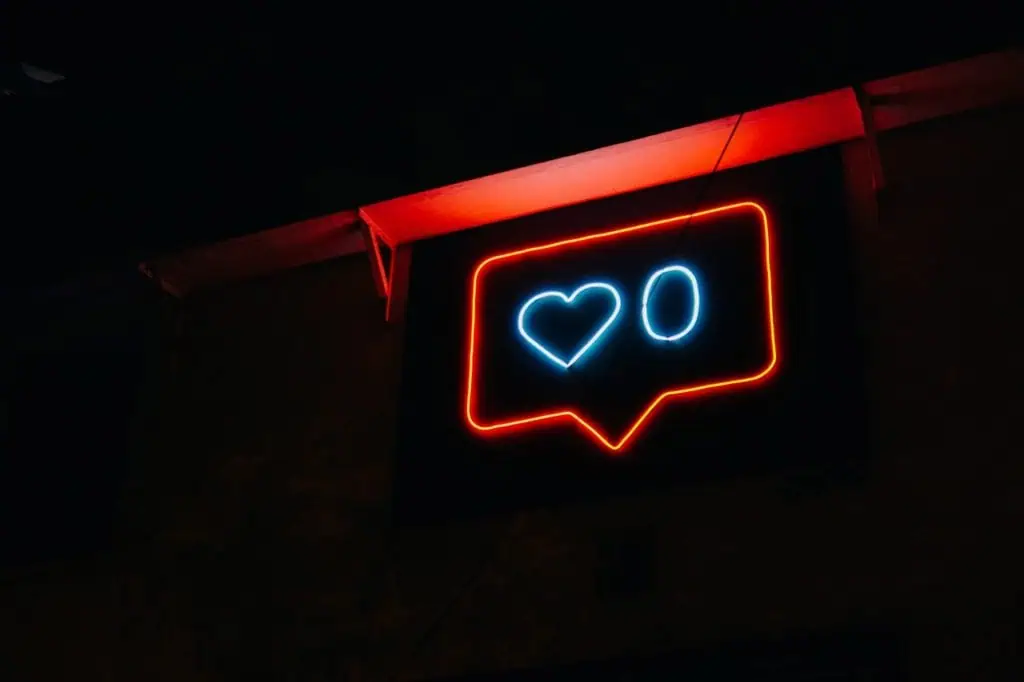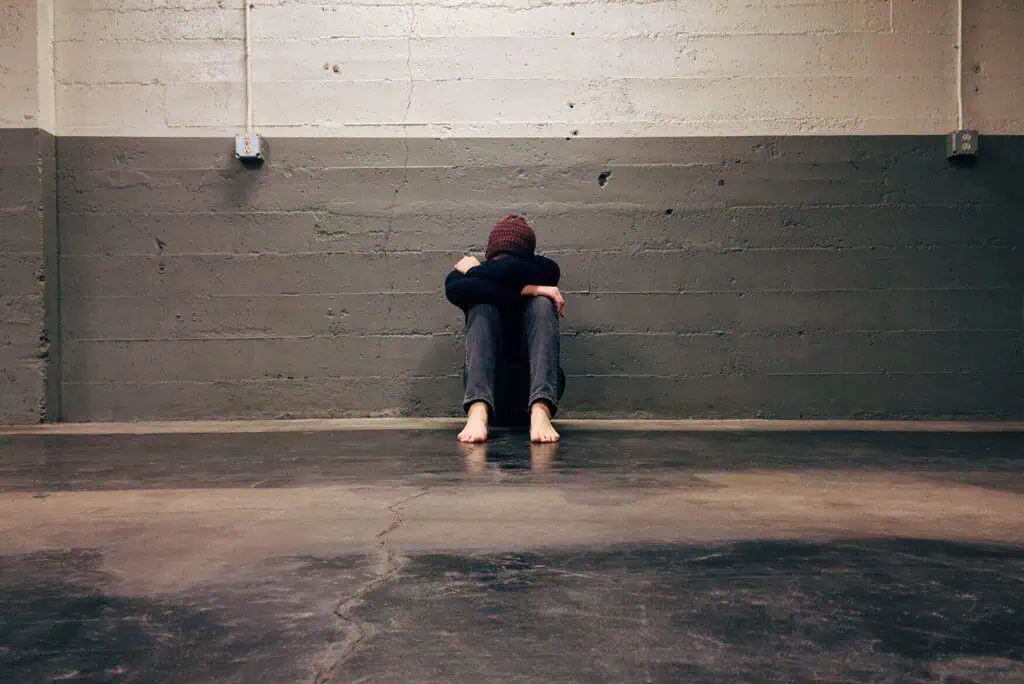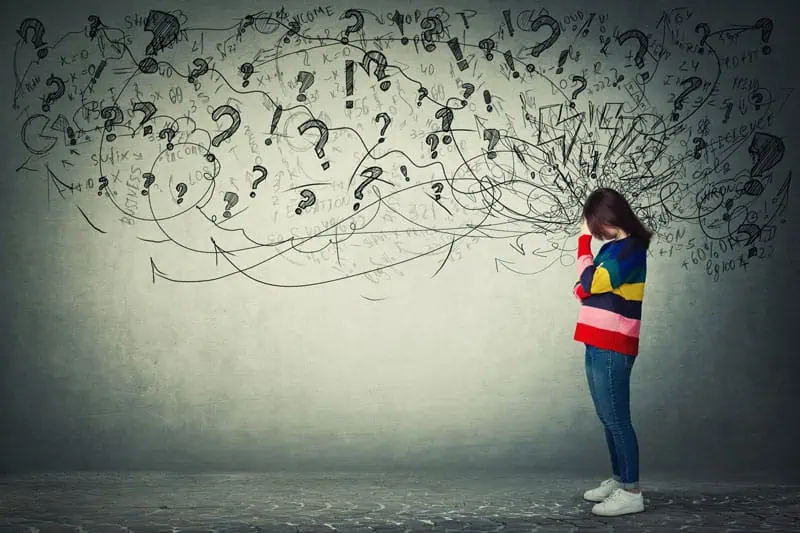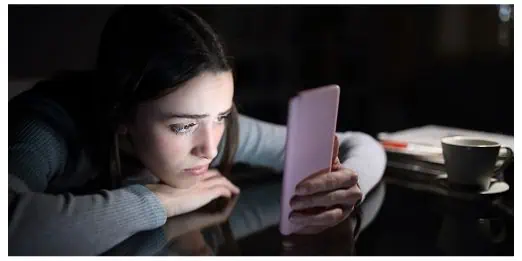
According to some estimates, approximately 4 billion individuals worldwide use social networking sites such as Meta, Instagram, and Twitter.
This usage has spurred mental health professionals to study if social media’s immense popularity has a role in depression.
According to research, those who limit their time spent on social media are happier than those who do not. Other studies revealed that social media could cause a wide range of negative emotions in users, leading to or increasing their depression symptoms.
Defining Depression

Depression, or major depressive disorder, is a psychological condition that causes a person not to be interested in things they used to enjoy. Depression can be mild or severe, affecting a person’s ability to concentrate, eat properly, sleep well, make decisions, or usually go about their daily activities.
People suffering from depression may consider suicide, feel worthless, develop anxiety, or experience bodily symptoms such as exhaustion or headaches.
Some of the treatments for depression include psychotherapy and medication. Limiting time spent on social media and prioritizing face-to-face interactions might be good for one’s mental health.
Certain studies on mental health and social media revealed a link between social media sites and depression. Another study goes a step further, concluding that social media may promote depression.
The Journal of Social and Clinical Psychology published a study titled “No More FOMO: Limiting Social Media Decreases Loneliness and Depression.”
According to the study’s findings, the fewer people utilized social media, the less unhappy and lonely they felt.
The Link between Social Media and Depression (Correlation)

The study suggests a link between less social media use and improved emotional well-being. According to the experts, this is the first time scientific research has proven a causal relationship between these characteristics.
“Previously, all that could be said was that there is a correlation between utilizing social media and having bad results with well-being,” researcher Jordyn Young said in a statement.
To ascertain the link between depression with social media, the researchers randomly assigned 143 University of Pennsylvania students into two groups: A group had unlimited access to social media, while the other was limited to 30 minutes per day on Instagram, Facebook, and Snapchat for three weeks.
Each participant in the study used an iPhone to browse social media, and the researchers kept track of their phone data to assure compliance. The group with limited social media access reported less severe despair and loneliness than the control group at the start of the trial.
Both groups reported decreased anxiety, depression and fear of missing out (FOMO), presumably because participating in the study made even those with unlimited access to social media more aware of how much time they spent on it.
Less Social Media Means Less FOMO
It’s unclear why participants who spent less time on social media daily experienced less depression. But researchers speculate that these young people were spared from viewing content that could make them feel terrible about themselves, such as a friend’s acceptance letter, beach vacation, or a happy family.

On social media, seeing images of “perfect” people can make users feel that their lives aren’t as good as their peers’. It has been revealed that regular Facebook users are more prone to suffer from depression if they experience jealousy on social media networks.
Social media can also cause FOMO, for example, if a user was invited to a friend’s beach vacation but was unable to attend due to unforeseen circumstances.
Alternatively, if the buddy did not invite them on the trip, users may feel wounded and excluded when they see that others in their social circle were. It may cause individuals to doubt their connections or their worth.
FOMO can be experienced by social media users who check an ex’s social media page and see photographs of their former spouse dining a new love interest. They could be perplexed as to why their ex never brought them to such opulent places or spoiled them with presents.
Finally, limiting one’s time on social media can imply spending less time comparing oneself to others. It can include not feeling horrible about oneself and acquiring symptoms that affect mental health like depression.
Young People Are More at Risk

Bullying was a common problem among young people before the internet and social media existed. Whereas the victims of bullying formerly had just one avenue for abuse, social media has now given bullies a second option. Bullies can send out a video of their victim being humiliated, beaten up, or otherwise disgraced with a single click.
People might flood a peer’s social media profile, write unpleasant comments, and spread falsehoods. It has led to many of these victims committing suicide in various situations.
While many colleges have anti-bullying policies and laws governing online student behavior, it can be difficult for administrators and guardians to monitor abusive behavior on social media.
Worse, victims of bullies frequently feel that if they speak to a parent, teacher, or administration about their abuse, the bullying will worsen. It can make youngsters feel even more alone and prevent them from receiving the psychological support they require to deal with a poisonous and potentially violent situation.
Safely Using Social Media
Although mental health hazards are associated with using social media, this does not indicate that it should be avoided entirely. Experts advise using these social networking sites in moderation.

Consider using a timer or a computer or smartphone app to track how much time you spend on social media.
Without these timers or applications, it’s easy to lose track of time on social media. You can also organize real-world activities to help you focus on your local surroundings and situations to restrict your time spent on social media.
Read a book, watch a movie, take a walk, or talk on the phone with a buddy. Make time to appreciate life away from the computer.
If you or someone you care about is feeling so depressed or perhaps even having suicidal thoughts, you can contact a mental health expert here in Venice, Florida or visit our office in Sarasota, Florida.


